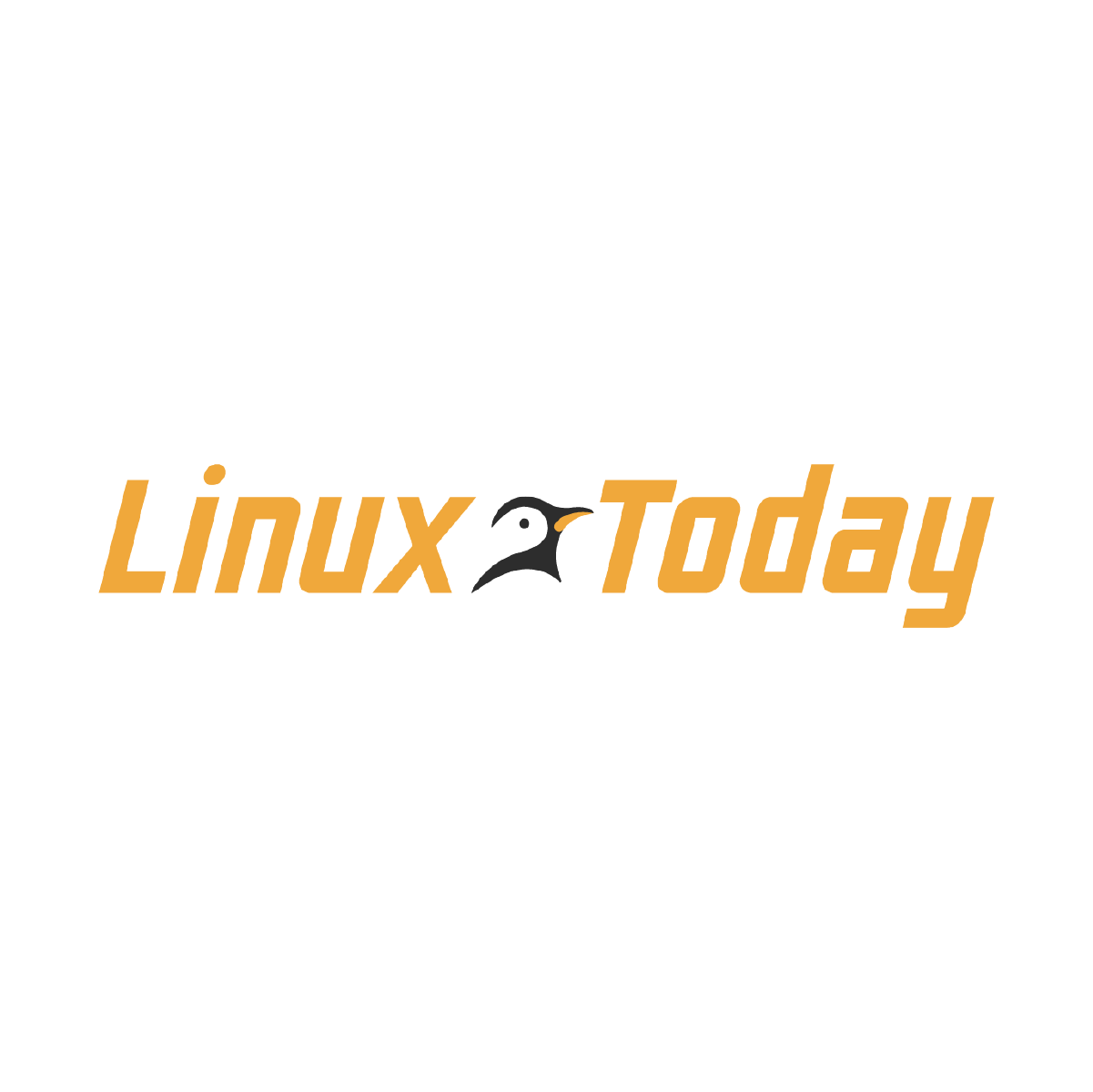Lisp is a powerful programming language known for its efficiency, flexibility, and expressive syntax. It has been widely used in various fields such as artificial intelligence, computer science education, and web development. In recent years, a number of free and open-source Lisp web frameworks have emerged, offering developers the tools they need to create robust and scalable web applications.
Here are 10 top free and open-source Lisp web frameworks that are worth considering:
1. Weblocks: Weblocks is a full-stack web framework for Common Lisp that provides tools for building dynamic web applications. It includes a flexible widget system, AJAX support, and a powerful templating engine.
2. Caveman2: Caveman2 is a lightweight and flexible web framework for Common Lisp. It is designed to be simple to use and easy to customize, making it a great choice for developers looking to build web applications quickly.
3. Lucerne: Lucerne is a web framework for LispWorks that provides a clean and concise API for building web applications. It includes support for RESTful routing, dynamic content generation, and sessions management.
4. Hunchentoot: Hunchentoot is a web server written in Common Lisp that can be used as a foundation for building web applications. It provides a simple and efficient interface for handling HTTP requests and responses.
5. Restas: Restas is a lightweight and flexible web framework for Common Lisp that is designed to be easy to use and extend. It includes support for RESTful routing, middleware, and session management.
6. Unnax: Unnax is a web framework for Common Lisp that aims to provide a simple and efficient way to build web applications. It includes support for routing, middleware, and templating.
7. Mito: Mito is a web framework for Common Lisp that focuses on simplicity and ease of use. It provides tools for building RESTful web services, handling sessions, and generating dynamic content.
8. Webactions: Webactions is a web framework for Common Lisp that is designed to be lightweight and easy to use. It includes support for routing, middleware, and session management.
9. Conserve: Conserve is a web framework for Common Lisp that provides a clean and concise API for building web applications. It includes support for RESTful routing, dynamic content generation, and sessions management.
10. Clack: Clack is a web application environment for Common Lisp that combines multiple web frameworks and middleware into a single cohesive system. It provides a flexible and extensible platform for building web applications.
In conclusion, these 10 free and open-source Lisp web frameworks offer developers a wide range of options for building web applications. Whether you are looking for a lightweight and flexible framework or a full-stack solution, there is likely a Lisp web framework that meets your needs. With their powerful features and expressive syntax, Lisp web frameworks are a great choice for developers looking to create robust and scalable web applications.
